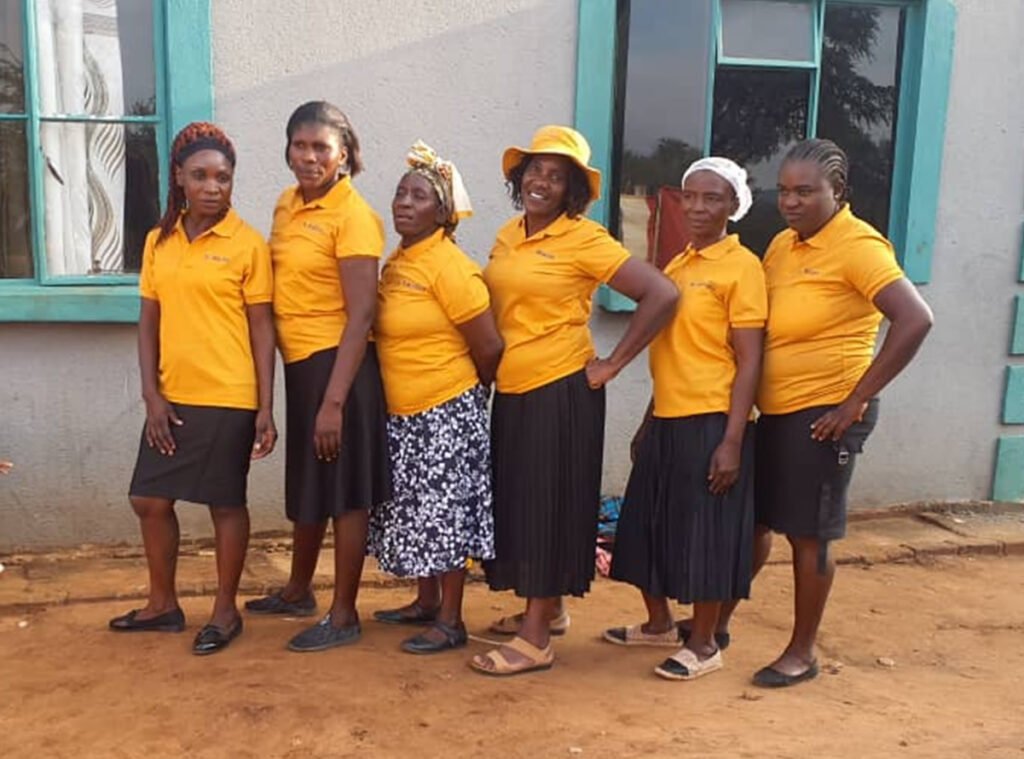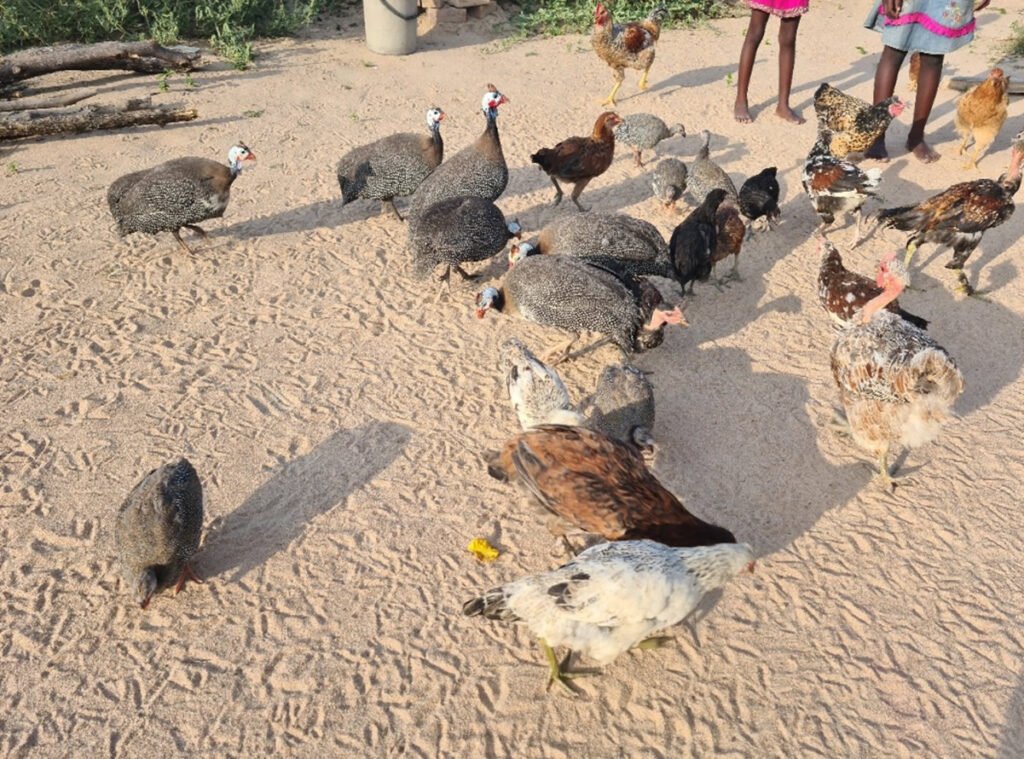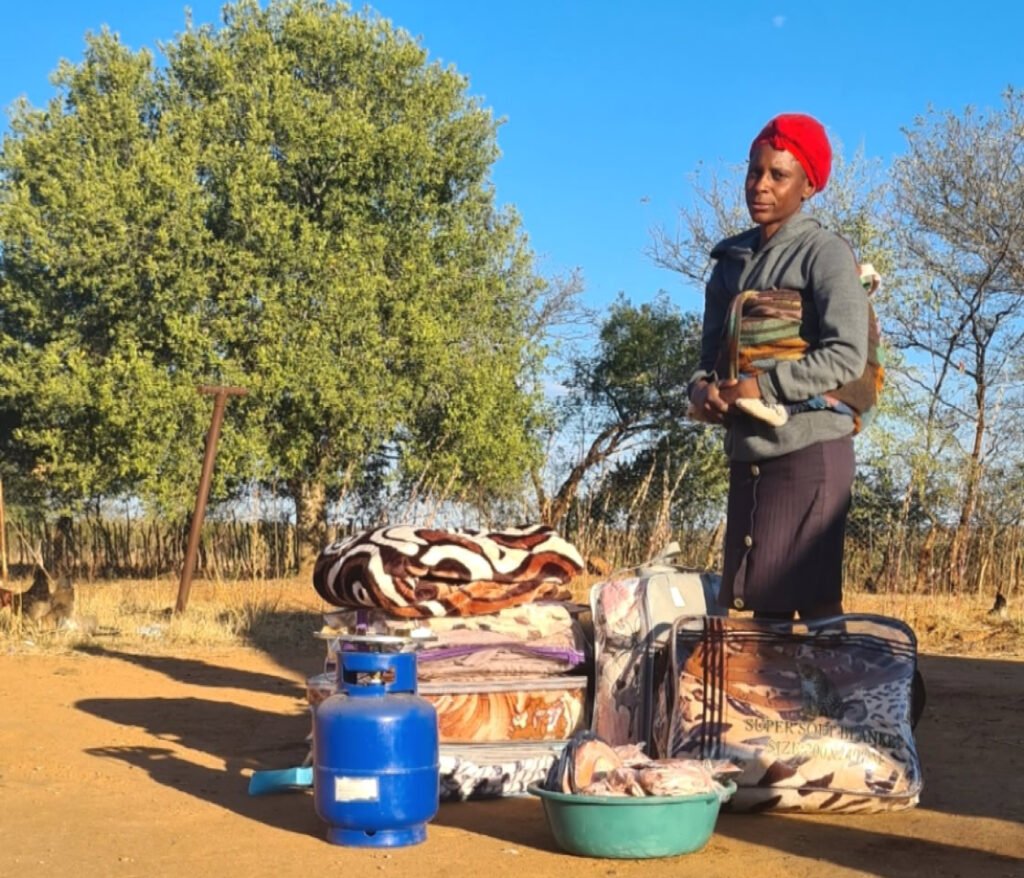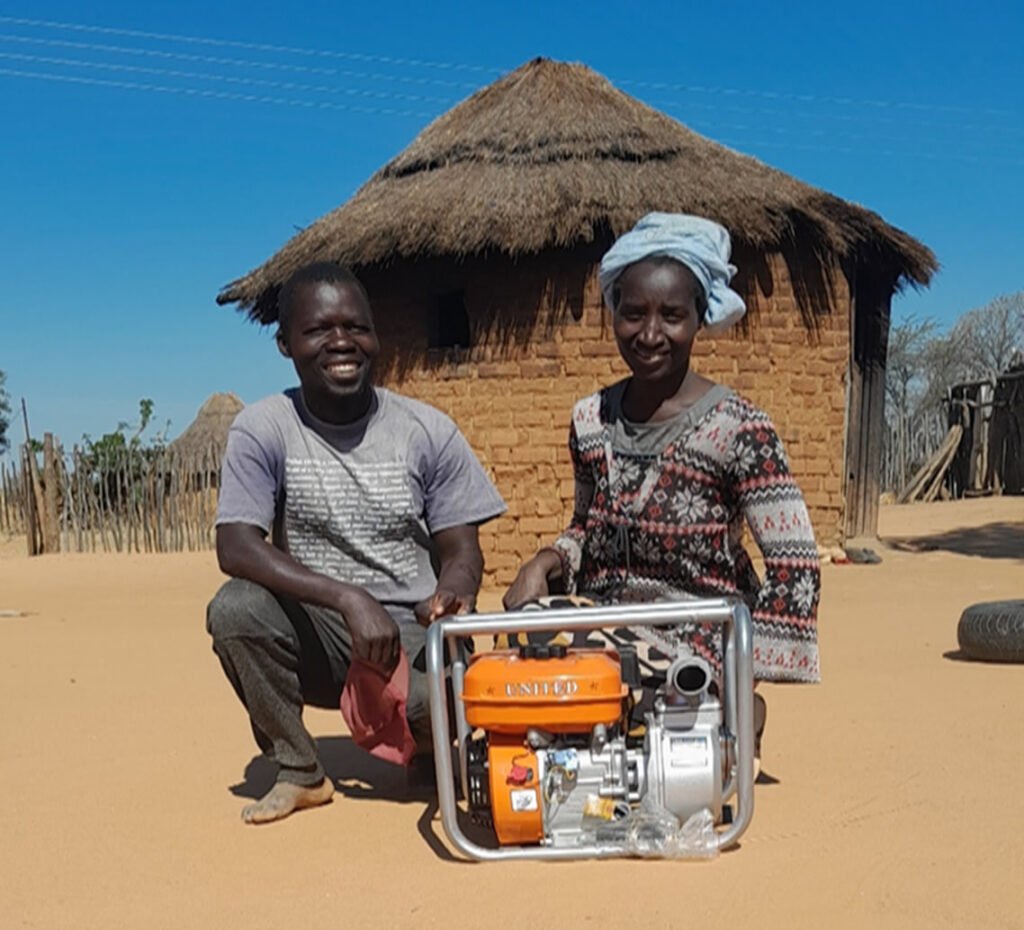- HOME
- Commissions
- Gender Development Commission - Flagship Projects
Gender Development Commission - Flagship Projects
The Gender Development Commission has been mainstreaming livelihood management programs across all its gender projects since 2021. This initiative was inspired by the Education for Family Transformation (EFT) project, launched in 2021 and supported by Tearfund Netherlands. The initiative was an adaptation to address one of the key causes of gender-based violence across many communities in Zimbabwe, which is poverty. The pioneering community is located in Irisvale, situated in the Umzingwane district of Matabeleland South. GDC has observed that over the past four years, this initiative has proven effective in utilizing available resources, such as land, financial, and human capital, to support income-generating projects in Irisvale. This initiative has impacted the lives of 180 women and girls economically since its inception. The mainstreaming of livelihood management has transformed the economic status of women and girls, influencing behavioral and lifestyle improvements at both the individual and household levels. The initiative has a contributory effect in achieving Sustainable Goals 1, 2, 4, and 5.
It should be noted that early marriages had, in most instances, exposed the young girls in the Irisvale community and Zimbabwe at large to gender based violence (GBV). Violence against women and girls in Zimbabwe has been on the rise due to various factors, particularly in Matabeleland province. UNFPA noted that about 1 in 3 women aged between 15 and 49 years in Zimbabwe have experienced physical violence, and about 1 in 4 women have experienced sexual violence since the age of 15. Domestic Violence is high in Matabeleland South, as the province has recorded the second-highest lifetime intimate partner violence prevalence of 74 percent [2]. Approximately 48% of the economically employed population is engaged in agriculture, primarily livestock and farming, and 17% in mining. Of the 48% who are economically employed, 90% are men. These statistics and baseline survey conducted by EFZ then led to the initial start of the livelihood pioneering program in GBV programs in Irisvale.
This initiative was spearheaded by Reginah Bhobho, the Gender Officer, supported by Munyaradzi Mataruse, the Program Manager. The first beneficiaries were the young women and girls in Irisvale participating in the Education for Family Transformation program.
This initiative is now in its 4th year of implementation. It began with a broiler keeping and management project that trained 50 young women and girls in broiler keeping and management, and provided them with a consignment of 500 chicks and chick feed from EFZ as capital. Through continuous learning and innovation, the initiative expanded to include Self-Help Group initiatives, increasing reach and influence. This initiative grew from 50 beneficiaries to 180 women and girls.
The initiative is not only empowering 180 women and girls, but it has also improved their livelihoods at both the individual and household levels. It can be observed that the 180 women and young girls benefiting from the project cascade to 180 households, which totals 540 Irisvale community members benefiting. EFZ is providing lasting effects in Irisvale, which significantly promote economic, social, and environmental sustainability. This initiative is contributing to a lasting impact in communities and addressing substance dependency. In the past 3 years, this initiative has ensured that all forms of sustainability are attained, thus achieving the following;
The gender justice pillar, which includes transformative masculinities and GALS trainings, has greatly influenced social and cultural practices in Irisvale. Some of the changes that communities are experiencing include:
- Women now owning livestock in their names before the project, which was a taboo, as livestock such as cattle is considered a sign of prosperity in Irisvale. So far, we have 3 women who are now owning cattle, and 24 own goats and pigs
- inclusion of women in decision-making processes- women are now participating in decision-making processes such as village meetings, local government processes, etc
- increase of women in leadership positions- the project saw an increase in the number of women throned as village heads from 1 to 3
- awakened and active participation of the church in GBV community sessions, eg, the EFZ pastors have introduced couples seminars, which so far witnessed a total of 68 couples benefiting, and it was observed that these sessions have greatly influenced and strengthened families. Church is also playing a mobilization role for civil society GBV activities in Irisvale, and organizations such as ZACH, PLAN International, and World Vision are benefiting from this role
- Church acting as a referral- church is now positioned as a referral in Irisvale and is actively assisting survivors to access GBV services in time. The church has successfully assisted a total of 28 cases.
- GALS training has successfully led to the development of a community dam project in Thandanani Swazi village. The GALS training significantly influenced the communities in Thandanani to adopt a dam development project, which they intend to utilize for an irrigation community garden scheme aimed at addressing food security issues in the village. The dam project has fostered cohesion among the community in Swazi Thandanani village, and the community has so far contributed more than 40 bags of cement towards the project. The communities, with the help of the local councillor, also approached the Member of Parliament, who donated 60 bags of cement towards the project.
Livelihoods
A total of 13 Self-help Groups (SHG) have been established in Irisvale. A total of 180 people are benefiting from the SHG component. A total of 100 of the beneficiaries of SHG have established a personal livelihood project of their own, with some into poultry, some piggery, animal rearing, baking, catering, and some into vending (buying and selling)
A total of 68 SHG members have benefited from the marketing and branding training, and some are now selling branded products. All the groups have branded SHG uniforms
A total of 28 young women and girls are actively participating under the broiler management arm, and 3 are seasoned suppliers of chicken to the 2 butcheries that are part of the market linkages the project created. These three women manage batches of 200 birds, while one manages a batch of 300 birds. The young women are recording profits of between $200 and $300 for every 100-bird batch.
The following are some of the benefits that the participants in poultry and SHG are experiencing:
- Established diverse livelihood projects with one lady who has ventured into artisanal mining and has a registered mine in her name
- 100 of the beneficiaries can pay for their children’s school fees and buy basic needs at the household level
- Women are buying household utensils, blankets, etc
Call to Action (Implicit or Explicit):
One of the key lessons that this initiative has helped EFZ to understand is the nexus between poverty and sexual gender based violence. As EFZ, we urge civil society organizations to mainstream economic empowerment in all their gender justice work. Once a woman is economically empowered, her self-value increases, which in turn increases her chances of actively participating in decision-making processes.






